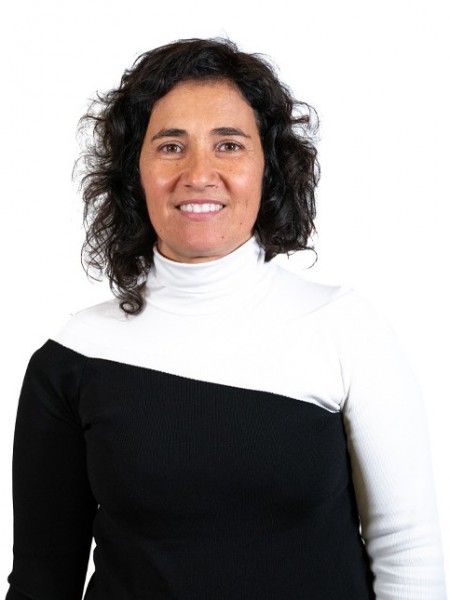abstract
Ethylene is a core building block in the chemical industry and its separation from ethane is very challenging due to high energy requirements. Adsorption-based processes can be an alternative to current processes based on cryogenic distillation. In this work, we explore for the first time the application of periodic mesoporous organosilica (PMO) materials, whose surface properties can be tuned with different functional groups. With the aim of correlating the PMO structure with ethane and ethylene adsorption, eight different PMO materials have been prepared, viz. the phenylene-bridged PMO, PMO aminated at the organic bridges, and PMO functionalized by silylation of free silanol (inorganic) moieties. High pressure adsorption isotherms were measured, and the separation selectivity and phase diagrams of a binary mixture of ethane and ethylene were estimated. Results have shown that, overall, the PMO studied tend to be more selective towards ethylene than ethane probably due to the interactions between the quadrupole moment of ethylene and the free silanols in the samples. After silylation, the novel materials presented surfaces with higher affinity towards ethane than those of the pristine material. For the aminated samples, functionalization with primary amines originated materials displaying better selectivity towards ethylene than those functionalized with secondary or tertiary amines.
keywords
METAL-ORGANIC FRAMEWORK; PREFERENTIAL ADSORPTION; SELECTIVE ADSORPTION; PILLARED CLAYS; ADSORBENTS; SILICA; FUNCTIONALIZATION; IRMOF-8; OLEFINS; DESIGN
subject category
Chemistry, Applied; Chemistry, Physical; Nanoscience & Nanotechnology; Materials Science, Multidisciplinary
authors
Bordonhos, M; Lourenco, M; Gomes, JRB; Ferreira, P; Pinto, ML
our authors
Groups
G1 - Porous Materials and Nanosystems
G2 - Photonic, Electronic and Magnetic Materials
G6 - Virtual Materials and Artificial Intelligence
Projects
CICECO - Aveiro Institute of Materials (UIDB/50011/2020)
CICECO - Aveiro Institute of Materials (UIDP/50011/2020)
Projeto de Investigação Exploratória: Paula Ferreira (IF_Paula Ferreira)
acknowledgements
This research was financed by Fundacao para a Ciencia e a Tecnologia and developed in the scope of the projects UIDB/04028/2020 & UIDP/04028/2020 (CERENA), and UIDB/50011/2020 & UIDP/50011/2020 (CICECO) financed by Portuguese funds through the FCT/MCTES and when applicable co-financed by FEDER under the PT2020 Partnership Agreement. PF, ML and MB acknowledge the grants IF/00300/2015, SFRH/BD/80883/2011 and SFRH/BD/147239/2019, respectively.





